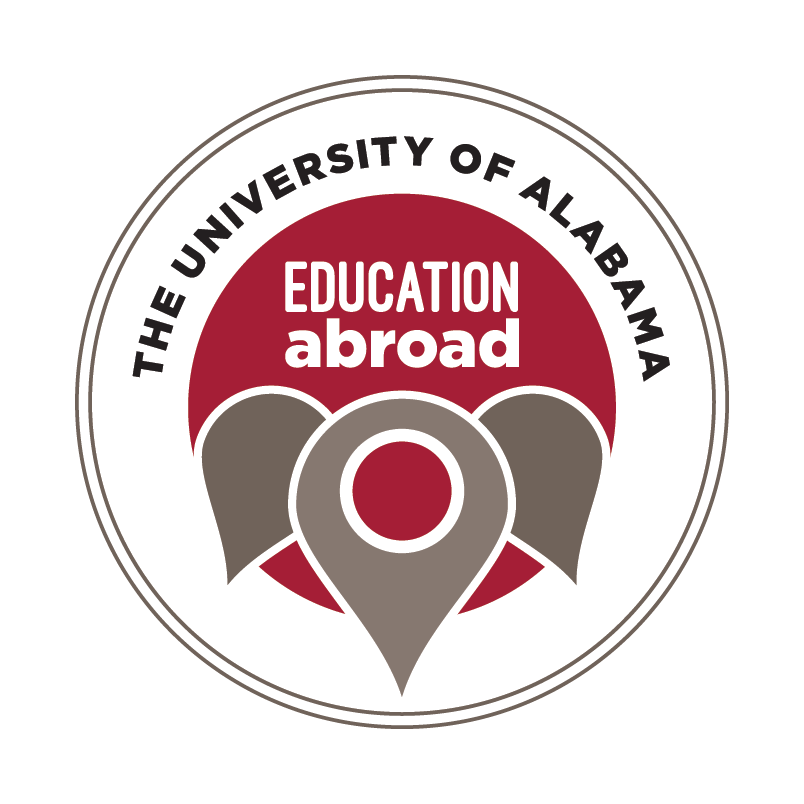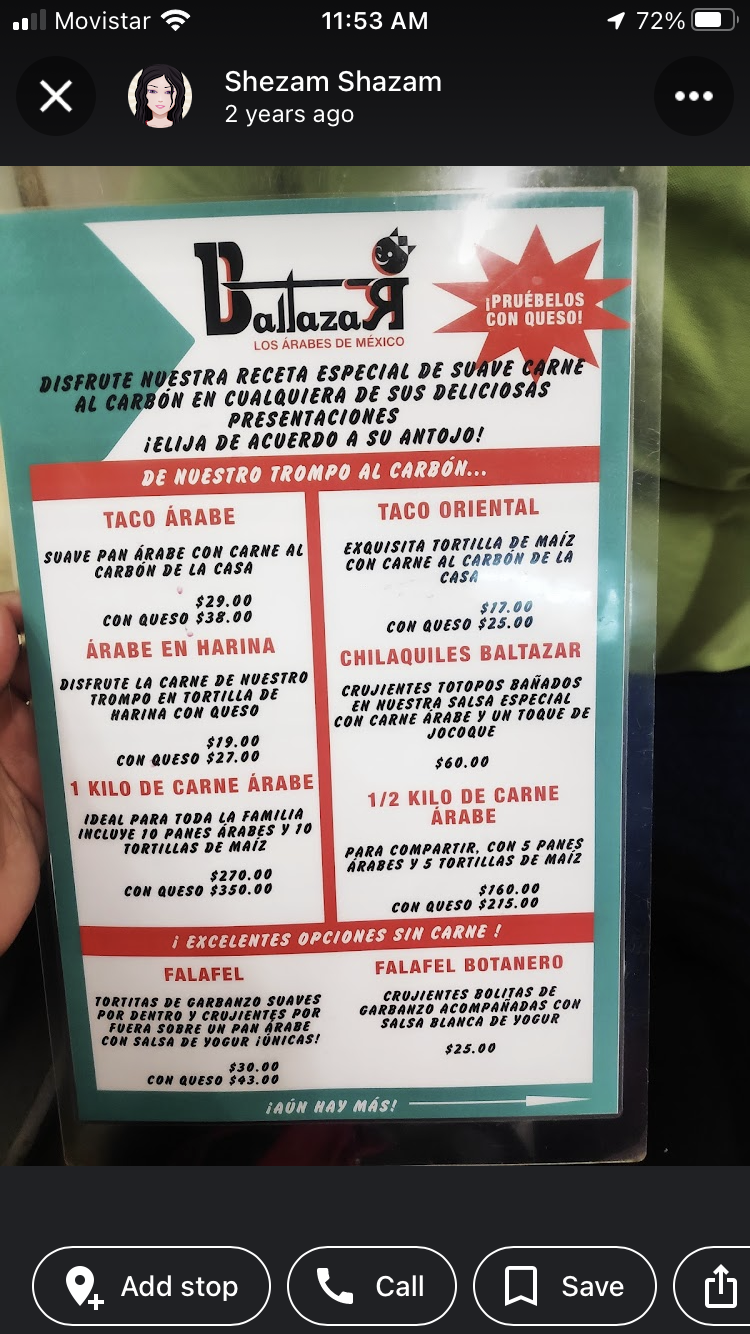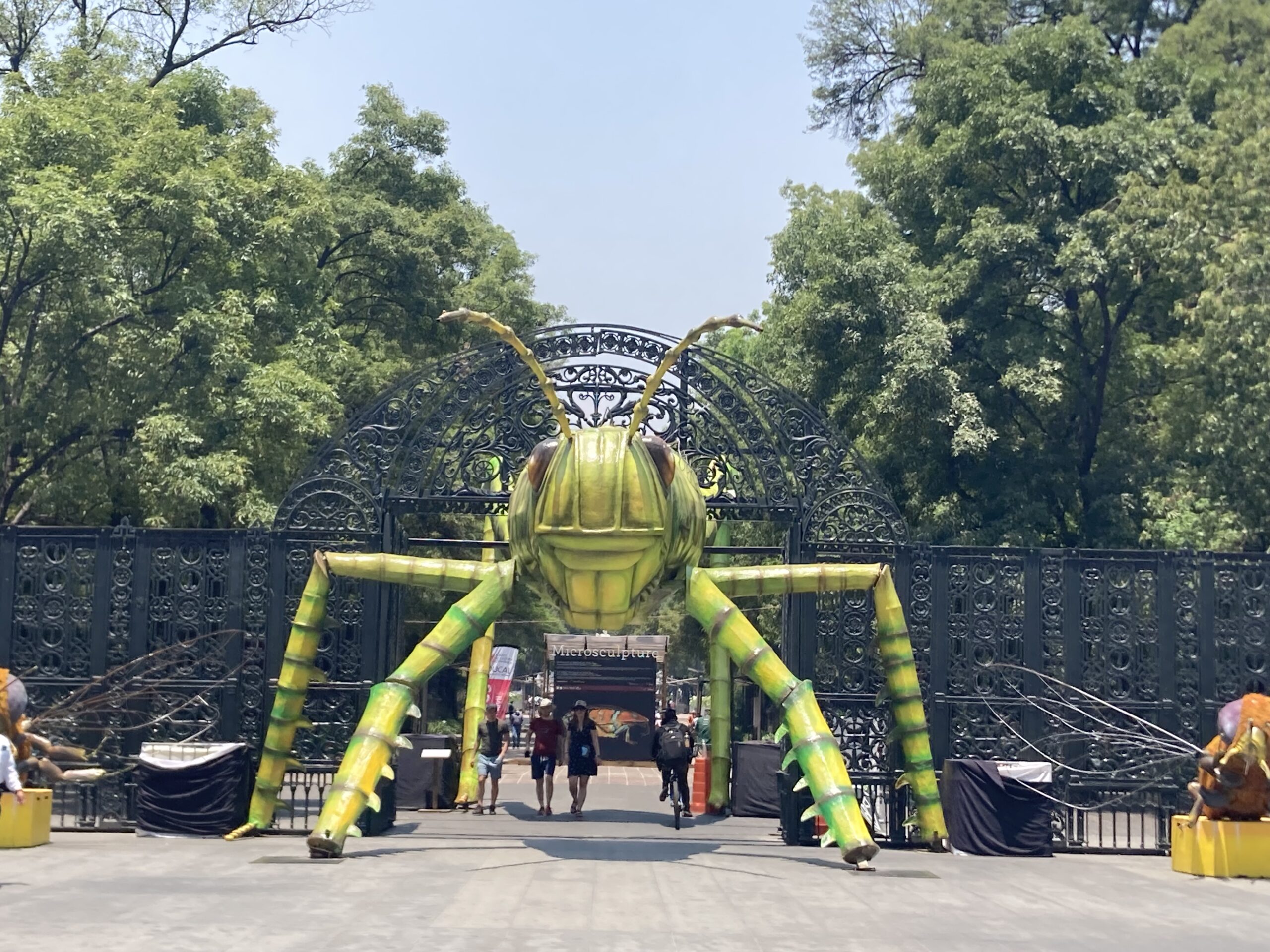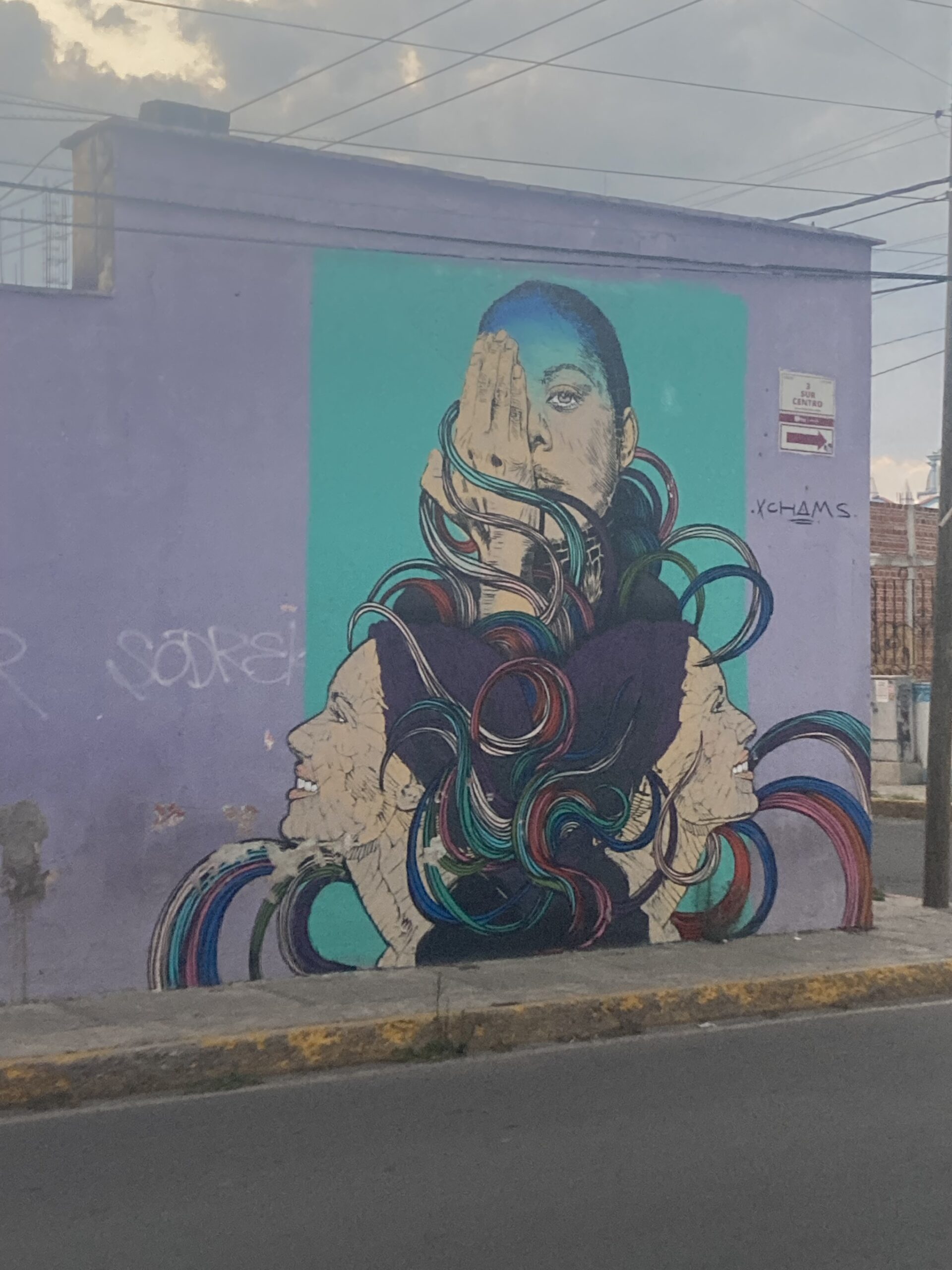I know that there are an awful lot of sources of advice for people traveling abroad, and that there is no reason why mine would stand out. However, even though my faculty-led program was only 11 days long and I’ve been outside of the US before, there were still several things I wish I knew before my study abroad program began. I want to share some advice I have for anyone leaving the country for a study abroad experience, especially those of you going on a shorter, faculty-led program.
- Try to get in shape, even just a little bit, before your program starts. Traveling is tiring. Most itineraries involve more walking than most of us are used to, whether in the form of hiking or walking around a city. During my trip to Mexico, my legs were tired every night. I wish I had been in better shape when my trip started, as that would have allowed me to maximize every day I was in Mexico.
- Try local foods. As a relatively picky eater who can’t handle spicy foods, I was a little bit wary before going to Mexico that I wouldn’t like many meals. As it turns out, you can get delicious Mexican food in Mexico. I enjoyed every dish more than I would have predicted. I found tacos árabes (pork on a thicker wheat tortilla) to be delicious. I never liked mole, a sauce usually made from cocoa and chiles, before my trip, and while the mole poblano I had in Puebla still wasn’t my favorite dish, I didn’t dislike it either.
- If you are going on a faculty-led program, try and meet the other students on the trip with you before you leave the US. The less-exciting moments on the trip, like meals or walking to destinations, are more fun when you are with friends.
- Pay attention to the little things. When my program was in Cholula, Mexico, I noticed that a green light would flash twice before the light turned yellow at the few intersections with stoplights. I lucked into that observation— it never occurred to me that I should study Mexican stoplights— but it’s these minor details that I would never think to ask about that add a depth to my knowledge of another place.
- If you know any of the local language (if it’s not English), even if you don’t think you’re fluent, try and communicate in it. I’m not fluent in Spanish, but I was surprised by my ability to speak enough Spanish to communicate effectively, and I was even able to understand parts of many descriptions in museums. Even during an 11-day long trip, I could notice my Spanish skills improving.
- Have fun!!!



